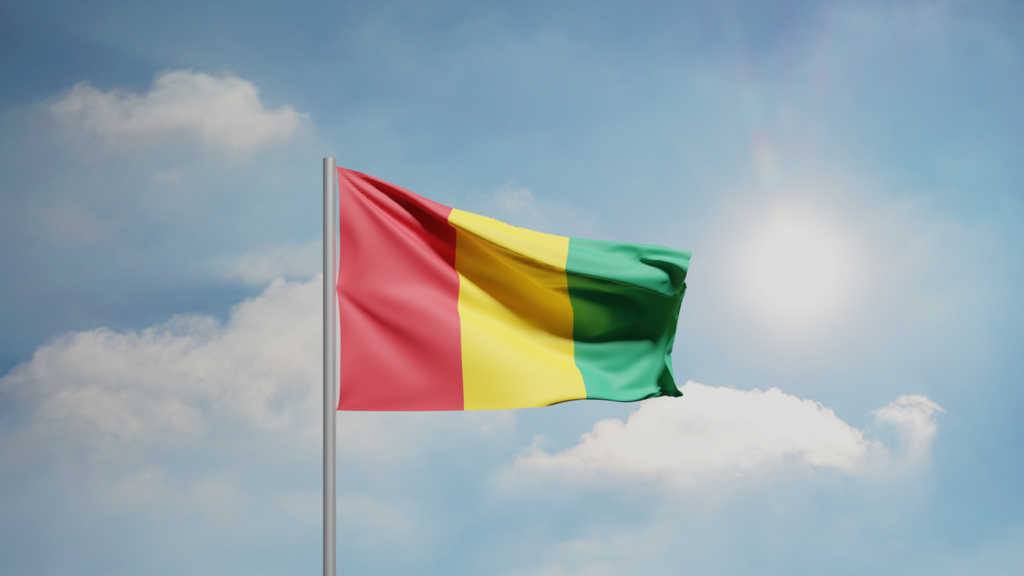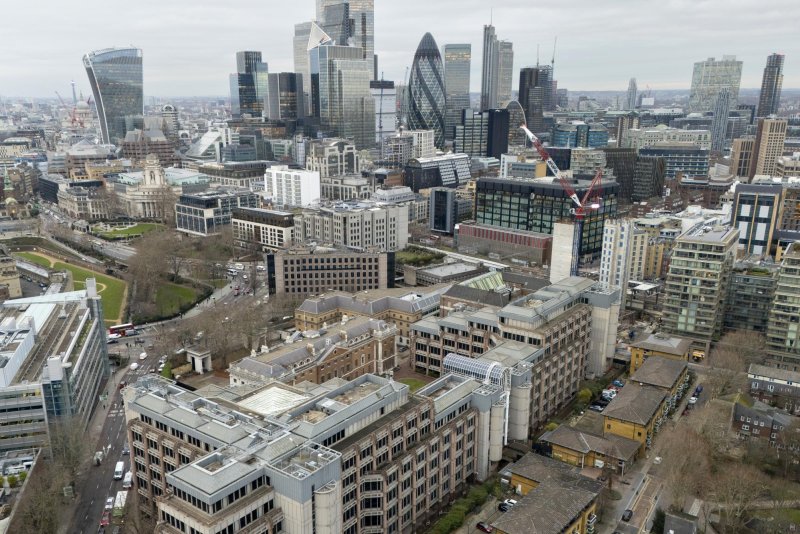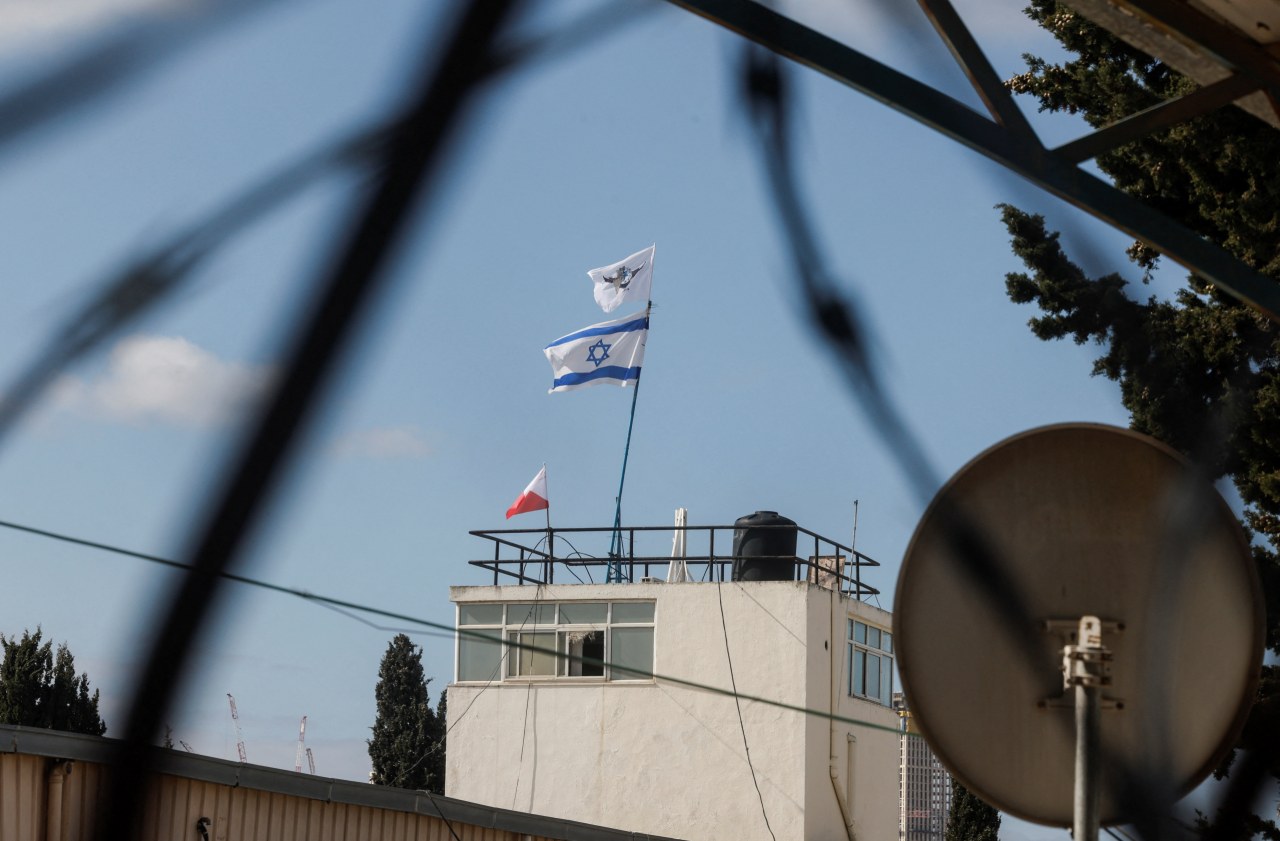
The military government of Guinea has temporarily suspended the country’s three main opposition parties due to alleged non-compliance with the Guinean Charter of Political Parties. The decree, issued on Saturday, affects the Union of Democratic Forces of Guinea (UFDG), the Renewal and Progress Party (PRP), and the Rally of the Guinean People (RPG). Each party faces a suspension lasting 90 days, during which they are prohibited from engaging in political activities, holding meetings, or organizing demonstrations. Failure to adhere to this decree could lead to criminal charges, as noted by the Guinean Ministry of the Interior.
This crackdown comes at a critical moment, just ahead of a constitutional referendum slated to take place between August 21 and September 18. General Mamadi Doumbouya, the leader of the military government, announced the referendum as a step towards restoring civilian rule. Opposition voices, particularly from the UFDG, have criticized the new draft constitution, claiming it perpetuates military governance. Souleymane Konate, the communications coordinator for the UFDG, stated that there has been “no serious debate on the content of the constitutional text [being] proposed to Guineans.”
The official rationale for the suspension hinges on the parties’ failure to meet specific requirements set out in the Guinean Charter of Political Parties. Under Article 28, the Minister of the Interior holds the authority to suspend any political organization that does not notify the ministry of management changes, fails to conduct conventions, or does not fulfill financial obligations such as maintaining a domestic bank account and providing financial statements when requested.
The decree references an evaluation report published on March 14, which led to the dissolution of 27 political parties. The RPG, associated with former president Alpha Conde, had previously faced suspension. Following the same report, the UFDG was given a 45-day notice to convene and subsequently faced suspension for non-compliance.
During the 90-day suspension, the affected parties have been granted the opportunity to rectify their shortcomings according to the Charter’s provisions. After this period, a re-evaluation by relevant authorities will determine whether the alleged irregularities persist. Should they continue, the Minister of the Interior could recommend the dissolution of the parties. Importantly, these governmental actions can be challenged in court. The UFDG has already sought judicial review from the Guinean Supreme Court, with a decision expected on August 28. A spokesperson for the UFDG expressed optimism, suggesting that the Supreme Court would affirm that the Minister has overstepped his authority, emphasizing that it should not interfere in the internal affairs of political parties.
As Guinea approaches a pivotal moment in its political history, the suspension of these parties adds another layer of complexity to the already contentious atmosphere surrounding the upcoming referendum. The implications of this decree could significantly affect the political landscape, as opposition voices are effectively silenced during a crucial period of transition.






